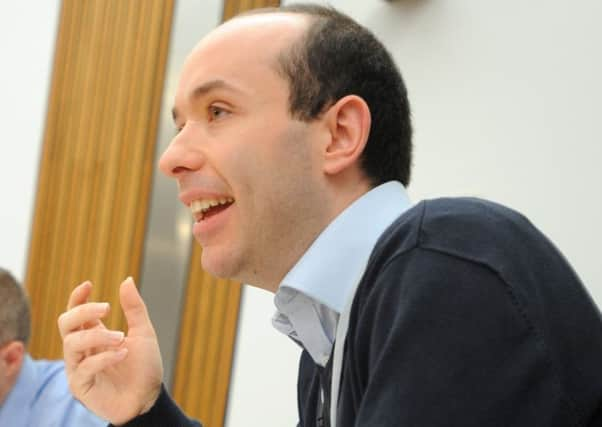Communities having an input can make the difference


Recently I saw its benefits first hand in County Durham where, after putting £10,000 of their own budget into the pot, police now report more trust on the Deneside doorsteps. Effects go beyond just goodwill. Crime and antisocial behaviour are down; detection rates are up.
I saw a local authority whose experiment with participatory budgeting has now become mainstream across all of its communities. It has allocated £1.4 million and attracted a further £3.2m from other sources with more than 30,000 residents taking part.
Advertisement
Hide AdAdvertisement
Hide AdEdinburgh residents may recognise this approach from Leith Decides, a council initiative that has been distributing grants to local groups every year for the past five years. Fifers might know it from the Coalfields Regeneration Trust work in Cardenden and Benarty. There have been others in Scotland.
So far 18 of our 32 local authorities have taken up the Scottish Government’s offer of support to engage in participatory budgeting activity.
The Community Empowerment Bill will build on this momentum, by creating new duties to foster public participation, and will give the Scottish Government powers to draw up regulations for mechanisms like participatory budgeting.
Scotland already has a healthy consensus about the need to drive down inequalities of wealth and income – now is the time to also drive down inequalities of power and influence.
This summer ministers are meeting people with lived experience of poverty and inequality the length and breadth of Scotland to give them a direct voice to decision-makers.
At the community level participatory budgeting is a way to give them a direct say as decision-makers. Both are key to building a fairer Scotland.
• Marco Biagi is the Scottish Government’s community empowerment minister